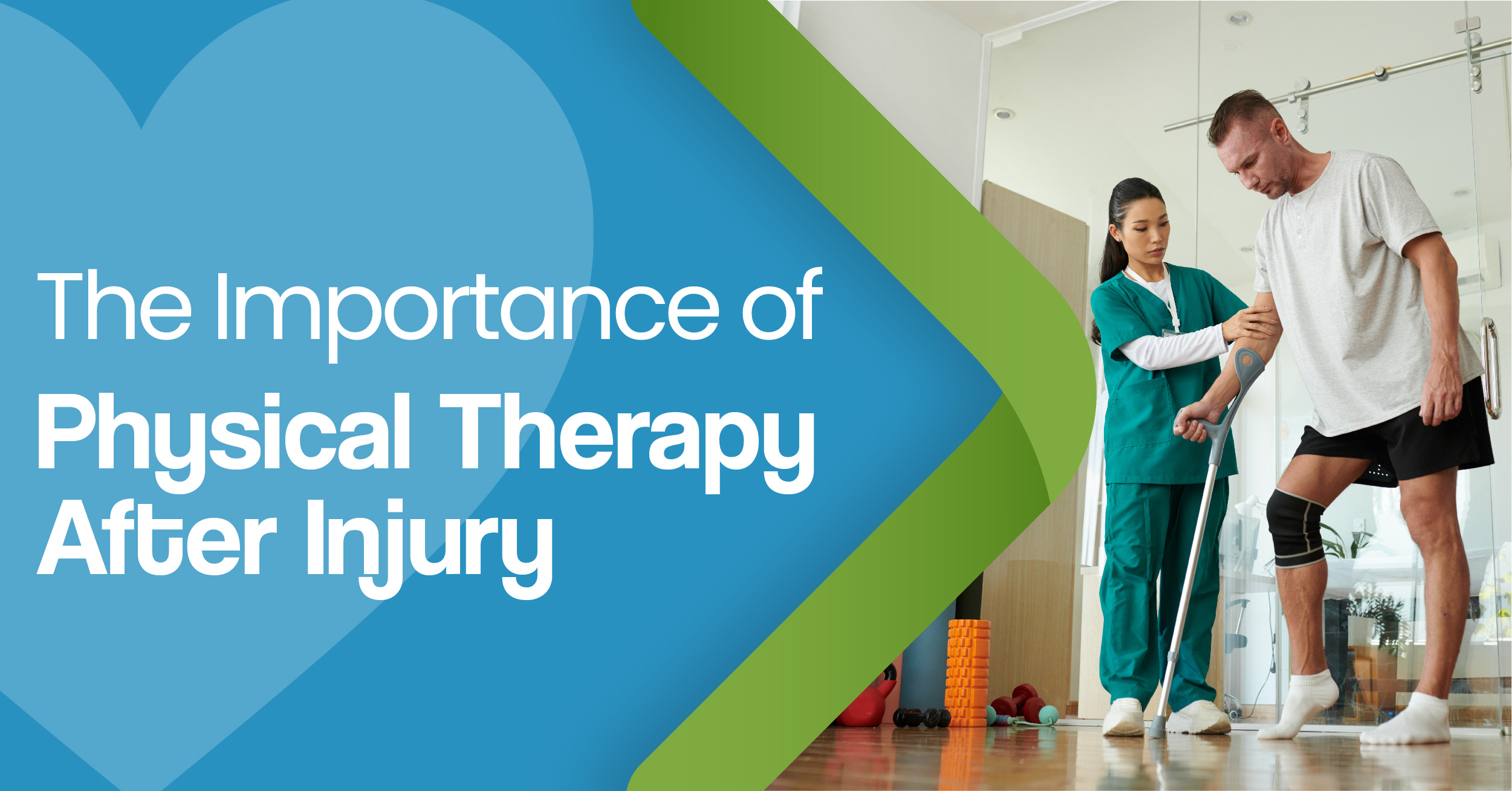Physical Therapy After Injury
Injuries, whether minor or severe, can disrupt daily life and limit mobility. One of the most effective ways to regain strength, flexibility, and function after an injury is through physical therapy. This structured approach not only accelerates the healing process but also helps prevent future injuries. This article delves into the significance of physical therapy after injury, the ideal time to start, and how specialized care services play a vital role in recovery.
Why Physical Therapy is Essential After an Injury
Physical therapy is a cornerstone in the recovery process for many injuries. It encompasses a range of treatments designed to alleviate pain, restore function, and improve mobility. Here are some key benefits:
- Pain Management: Techniques such as manual therapy, ultrasound, and electrical stimulation can significantly reduce pain.
- Restoration of Movement: Exercises and stretches help restore joint and muscle function, making everyday activities easier.
- Prevention of Further Injury: Strengthening and flexibility exercises improve overall stability and balance, reducing the risk of future injuries.
- Enhanced Healing Process: Physical therapists design personalized programs that promote efficient healing and recovery.
When to Start Physical Therapy After Injury
Determining the right time to start physical therapy is crucial for effective recovery. Starting too soon can exacerbate the injury, while starting too late can lead to stiffness and prolonged recovery periods. Generally, the best time to begin physical therapy is as soon as the initial pain and swelling have subsided. This timeframe can vary depending on the type and severity of the injury. Consulting with a healthcare professional or a physical therapist is essential to create a tailored recovery plan.
The Role of Disability Support Workers in Physical Therapy
Disability support workers play a pivotal role in assisting individuals undergoing physical therapy. These professionals provide essential support that complements physical therapy treatments. They help with daily activities, ensure the individual’s safety, and provide emotional support, which is crucial for a positive recovery experience. A reliable disability support worker can be the difference between a challenging recovery and a smooth, encouraging rehabilitation journey.
For more information on disability support services, visit Focused Primary Care.
Disability Care Services: Aiding in Comprehensive Recovery
Comprehensive recovery often requires a multidisciplinary approach, including the assistance of disability care services. These services offer a holistic approach to rehabilitation, encompassing medical care, physical therapy, and emotional support. Disability care services ensure that all aspects of a patient’s well-being are addressed, facilitating a more complete and sustained recovery.
Home Disability Support Services: Bringing Care to Your Doorstep
For many individuals, recovering from an injury can be more comfortable and less stressful at home. Home disability support services provide professional care in the comfort of one’s home. This approach not only enhances convenience but also ensures that the patient receives consistent and personalized care tailored to their specific needs. Home support services can include physical therapy sessions, assistance with daily tasks, and regular health monitoring, making recovery more manageable and less overwhelming.
Conclusion
Physical therapy after an injury is an indispensable part of the recovery process. It helps manage pain, restore movement, and prevent future injuries. Starting physical therapy at the right time and having access to professional support, such as disability support workers and comprehensive disability care services, significantly enhances the recovery experience.
For those preferring to recover at home, home disability support services offer a viable and effective solution. Embracing these resources can make the journey from injury to recovery smoother and more successful, ultimately improving the quality of life.

